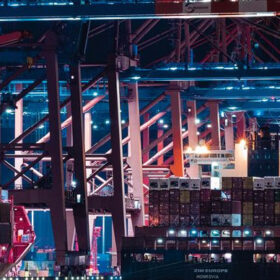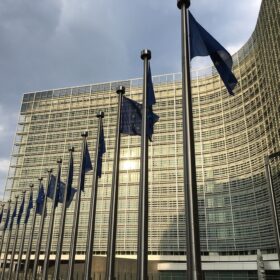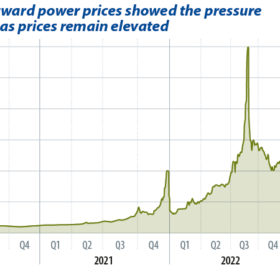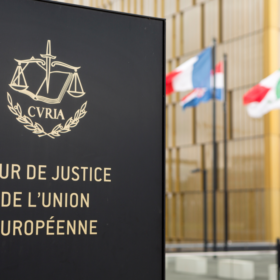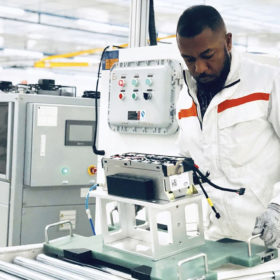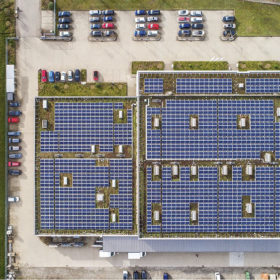Getting real on forced labor
While few can doubt the emission-reduction might of solar; forced- and child labor in clean power supply chains is becoming a hot issue, which is why the EU is mulling a ban on goods proven to have traces of such labor practices. Diana Zadorozhna, a partner at renewables consultancy Everoze, looks at what companies can do to prepare for forced-labor legislation.
Spain, Portugal to cap wholesale gas prices until end of year
The European Commission has informally approved Portugal and Spain’s request to extend the so-called “Iberian exemption” mechanism. The measure, which limits the price of natural gas for electricity production, was originally scheduled to end in May, but it will now run until the end of the year.
European Union set to raise renewables target to 42.5%
The European Parliament and the Council have reached a provisional agreement to raise the EU’s binding renewable energy target for 2030 to a minimum of 42.5% of the overall energy mix. The bodies also agreed on a further 2.5% indicative target, which would set Europe on a path to at least 45% renewables within this decade.
EU solar manufacturers’ ESG credentials could bolster revival
With calls for a revival in European PV manufacturing becoming more urgent, the Environmental, Social, and Governance credentials of its PV producers are being touted as a way in which manufacturing can be supported or even protected. The case for the ESG credentials of European manufacturing was advanced by multiple speakers at the 2023 SolarPower Summit this week in Brussels.
EU loosens state aid rules for green technologies
The EU’s new state aid rules should lead to more investments in clean tech production. The European Solar Manufacturing Council said the new framework will be the basis of Europe’s future manufacturing ecosystem.
State of the (European) union
Gerard Reid, co-founder of corporate finance advisory Alexa Capital, considers whether the EU is up to the task of dealing with the twin threats of the energy crisis and the pull of a revitalized US clean power industry.
Croatia, Hungary, Portugal to face EU sanctions for not promoting renewables
The European Commission has decided to refer three member states to the Court of Justice of the European Union (CJEU) for failing to turn the EU Renewable Energy Directive into national legislation. The commission is now requesting financial sanctions.
Weekend Read: Dawn of the store-age
Last year was another landmark 12 months for energy storage, with all indicators pointing to a massive surge in demand. Supply chain instability and inflation saw battery prices rise but the industry demonstrated an ability to swiftly react to geopolitical developments. We look at five trends driving the market.
Shaping the EU battery value chain
The new EU Batteries Regulation is a blueprint for product legislation, regulating the whole life cycle of batteries in the European Union. Advanced rechargeable and lithium batteries association Recharge says successful implementation of the new regulation requires the prioritization of safety, information reliability, feasibility, market surveillance, and enforcement.
Weekend read: Is EU doing enough?
The European Union has set ambitious targets for solar PV expansion but is Brussels designing the right policies to support growth? Andreas Walstad investigates.
